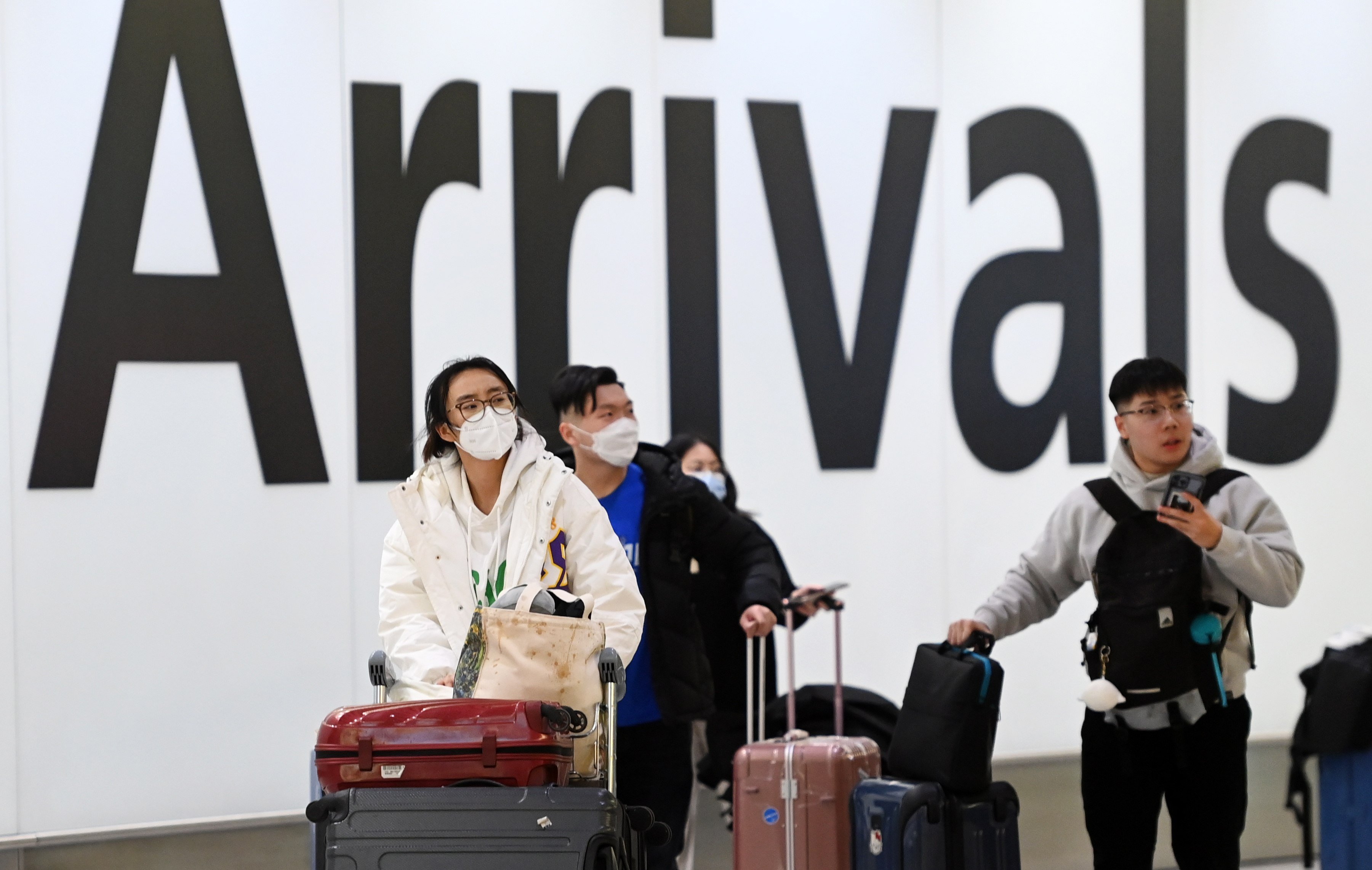The number of wealthy mainland Chinese choosing to emigrate is projected to drop to a 10-year low this year thanks to the country’s improved business environment and its growing appeal to tech entrepreneurs, according to a report by a London-based advisory firm.
Henley & Partners’ annual wealth migration report also said that Hong Kong is starting to see steady inflows of millionaire migrants from the rest of Asia, with an anticipated net inflow of 800 this year, including many executives from fast-growing hi-tech companies in neighbouring Shenzhen.
A record 142,000 high-net-worth individuals – people with more than US$1 million in investible wealth – are expected to relocate internationally this year, according to the report, which was released on Tuesday.
It said the net outflow of mainland Chinese millionaires would drop to 7,800 – down from 15,200 last year and 13,800 in 2023 – ending the country’s decade-long run as the world’s leading source of wantaway wealthy.
The United Kingdom is set to have the largest net outflow of any country, losing 16,500 millionaires this year, the report said. Other European countries such as France, Spain and Germany are likely to be other major sources of outflow, it added.
The rise of Chinese tech hubs such as Shenzhen and Hangzhou, alongside rapid growth in the private banking, healthcare and entertainment industries, is giving mainland millionaires new reasons to stay, Henley & Partners said.
An emigration consultant and a wealthy Chinese mother said another major reason for the expected reduction in the outflow of mainland millionaires – likely to be the lowest since the Covid-19 pandemic according to the Henley & Partners report – was the growing uncertainty facing Chinese students studying abroad.
Wealthy Chinese are now more pragmatic when making their global asset allocation and residency decisions
Bill Liu, Guangzhou emigration consultant
For over a decade, overseas education has been a key pathway for rich Chinese families, offering children the promise of world-class universities, international exposure and a competitive edge in their future careers.
However, that path is no longer guaranteed. Countries once considered safe havens for international students – the United States, UK, Canada, and Australia – are now enforcing tighter student visa regimes, limiting post-study opportunities, and fuelling a growing sense of uncertainty.
“Wealthy Chinese are now more pragmatic when making their global asset allocation and residency decisions,” said Bill Liu, co-founder of Guangzhou Cheuk Yuet Overseas Consulting Service.
“In the past, over 70 per cent of my clients decided to emigrate primarily for their children’s education. But that alone is no longer enough to convince them to move.”
Liu said that increasing geopolitical tensions and the tightening of visa policies in destination countries were forcing wealthy Chinese to rethink the long-term benefits and costs of emigration from a broader perspective.
Fang Li, whose family runs a healthcare business in southern China’s Guangdong province, said she had planned for her son to study and work in the US, “but now I’m more inclined to let him go to university in Hong Kong or Japan”.
“Asia is more friendly to Chinese people and offers greater certainty,” she said.
Fang said her son had attended international schools and was applying to overseas universities this year, but “there are so many variables there for us right now”.
